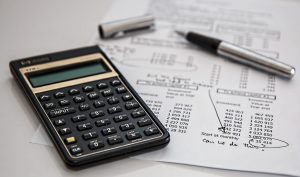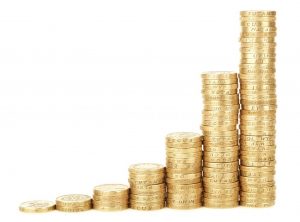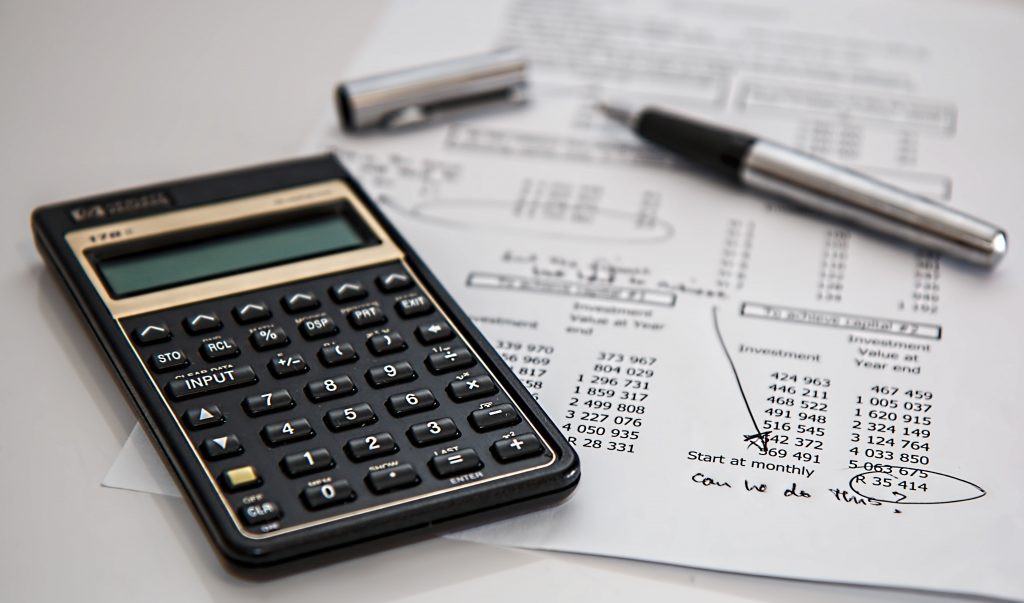Paying back your debt and saving money are essential financial goals. Also, you know the importance of saving or having a pension for when the time comes to retire. Focusing on the debt could mean you are not starting or paying as much into your retirement as you would like. So how do you choose the best method for distributing your money?
It can be very depressing when you look at the interest rates you are currently paying on your loans and credit card statement. Also, you would like to make sure you can put money to one side for a rainy day or in case you need that extra cash.
One option is to use a blended approach and save while also paying off some of your debt at the same time. Understanding the pros and cons of paying a debt or only saving can help you better assess your situation. This way, you can work out how to tweak your savings and debt management.
Paying off debt and not saving money
The first option is to pay your debt off early and not worry about saving until you are debt-free. But, the downside to this is that you’ll have nothing but your overdraft or credit cards to fall back on in the case of a financial emergency. Unfortunately, you can almost guarantee you will get some unexpected debt when you least need it. Using credit cards to pay for these emergencies only adds to your debt woes.
Benefits of paying your debts off first.

Paying your debts off before saving in the case of credit cards with high-interest rates will drastically reduce the overall amount you spend in the end. You will get a much bigger financial break in the long term as you are paying off debt from the places that have the worst interest rates. Because the interest you are paying on top of your debt is much higher than the interest rates, anyone will give you in a savings account.
When paying back lower fixed-interest loans such as a student loan or mortgage the extra payments you make will reduce the term of the loan. But will probably not affect the monthly payment amounts.
Saving money first then paying off debt
If you opt for saving first and not paying back your debt, then you will end up paying more on credit card interest charges.
The other problem with saving first is that you risk entering retirement with debt. You may find that you can’t live comfortably on your retirement savings and keep paying your debt. So you’d have to either live on a strict budget to pay off your loans or go back to work until you can pay off your credit cards.
When should you save first?

While it might not feel comfortable to do so, there are some situations where it could make sense to start saving and then work on paying your debt back. If you are fortunate enough to have loans with a low-interest rate, it does make more sense to put most of your extra money into savings.
You may want to do this until you have between three to six months of emergency funds to cover you for any unexpected outcomes.
If this amount feels like too much? Try and build up about £1,000 to cover things like car or house repairs. This amount will give you a great start to building an emergency fund; then you could concentrate back on paying off your debts.
Delaying your retirement or pension savings will have an adverse effect. This effect may mean you have to wait even longer before you can consider retiring.
The earlier you start to save the more benefits you get. Using compounding interest works by earning extra from the interest you have already received. So, for example, say you start saving at 30 years old, and you invest £5,000 per year until your intended retirement age of 60. You will have saved £150,000 in 30 years. If you use a compounded interest rate of say 5%, you will have around £348,803 over double what you would have saved without compounding. However, compounding interest does have the disadvantage that if you want to make the most out of its amazing benefits, you must be very patient. You cannot touch a single penny until the end of the fixed term.
Paying loans and saving money together
Finally, it is worth finding a balance between how much you can afford to pay back on your loans. And saving the right amount to assure you are not adding to them in the future. It is always advisable to pay back the debt that has the highest interest rates first. But if you are fortunate to have loans with low or 0% interest, then it might be worth investing extra in your savings first and then reducing these small-interest debts later. Finding the right balance for you will depend on your circumstances. But make sure you have a bit put aside for emergencies is always worth it as you never know when you might need it.
Final tip: Try setting up a regular standing order from your main account into a savings account. Make this amount slightly more than you would usually save. This approach works on the same principles as to how many gyms make their money. Because gym members forget to cancel their direct debits and continue to pay for months and even years without cancelling. The most significant advantage, in this case, is the “membership” you are paying in your own savings account.
DISCLAIMER: These articles are for information only and should not be construed as advice. You should always seek advice prior to taking any action.
